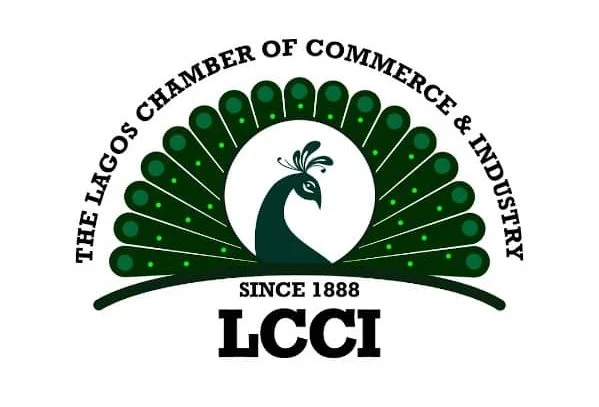Stakeholders in the public and private sectors have drawn attention to the crucial roles of corporate philanthropy and impact investing in addressing Nigeria’s developmental challenges.
They spoke at a webinar, themed: “Stimulating Corporate Philanthropy and Impact Investing for Job Creation in Nigeria.”
According to a statement issued by the Lagos Chamber of Commerce and Industry on Tuesday after the webinar, the event was hosted by the Nigeria Office for Philanthropy and Impact Investing in collaboration with the Impact Investors Foundation and the Chamber.
It hosted industry leaders, policymakers, and the private sector to discuss strategies for leveraging philanthropy and impact investing to create jobs and promote sustainable development in Nigeria.

In her opening remarks, the Chairperson, Nigeria Office for Philanthropy and Impact Investing, Thelma Ekiyor-Solanke, said the event is an opportunity to share best practices on the role corporate philanthropy and impact investing play in driving positive societal change.
Ekiyor-Solanke said: “The insights from this webinar will be helpful for corporates seeking to be more effective in their giving and help them create a structure around their philanthropic initiatives.”
Drawing from his extensive experience, the Keynote Speaker, Otunba Bimbo Ashiru, who is the Chairman of Odua Investment Company, illustrated how Odua Investment Foundation is bridging creating a positive change through youth empowerment, healthcare and digital education for young children to equip them with the skills they need for the future.
Also Read:
- Police foil kidnapping attempt in Ebonyi, recovers victim’s car
- NAFDAC clarifies reopening of Onitsha medicine market
- 2023 governorship candidate dumps Labour Party for PDP
- Lagos reaffirms legality of speed limit rules
- Oba of Benin appoints district head over Ologbo, Ehor dukedoms
He emphasised the need for more organisations that are on the sidelines of philanthropic investments to sufficiently engage their immediate and extended communities to address critical societal challenges.
Otunba Ashiru said: “Corporate philanthropy and impact investing have the potential of becoming a more integral and impactful instrument for building a more sustainable society. Both have the capacity to improve national productivity one investment at a time, but more importantly they can catalyst the long-term growth of the economy and job creation.”
In his welcome remarks, the LCCI President and Chairman of the Council, Gabriel Idahosa, called for an alignment of corporates’ philanthropic endeavours with strategic business objectives and the needs of local communities, in order to drive economic growth and corporate profitability.
Idahosa said: “We need the commitment of both public and private sectors to address the pressing issue of unemployment and empower our citizens with opportunities for more meaningful livelihoods.”
Etemore Glover, CEO of Impact Investors Foundation, set the context for the discussion by emphasising the need for inclusive investment and development.
Glover said: “Addressing these developmental issues demands investment and development that is inclusive, and this often extends beyond the capacity of governments to provide and achieve alone.
“This makes it necessary to leverage the contributions corporate philanthropy can make to investment and development in Nigeria.”
She further highlighted the strategic integration of philanthropy within the broader spectrum of impact capital, noting: “Philanthropy is one of the spectrums of impact capital, and when it is well blended into impact capital, it will yield better capital flows for Nigeria.”
In addition, an insightful panel discussion featuring experts such as Odunayo Sanya, Executive Director, MTN Foundation; Frank Aigbogun, Founder/CEO, Businessday; Dr. Chinyere Almona, Director-General, LCCI; Ekiyor-Solanke; and Glover underscored the importance of partnerships between the private sector, government and non-profit organisations to maximise the impact of philanthropic initiatives and investments.
They also highlighted the potential of innovative financing models that combine philanthropic funds with impact investments to create sustainable and scalable job creation programmes.
The NPO and its partners are committed to promoting corporate philanthropy and impact investing to create a more inclusive and prosperous society for all.


